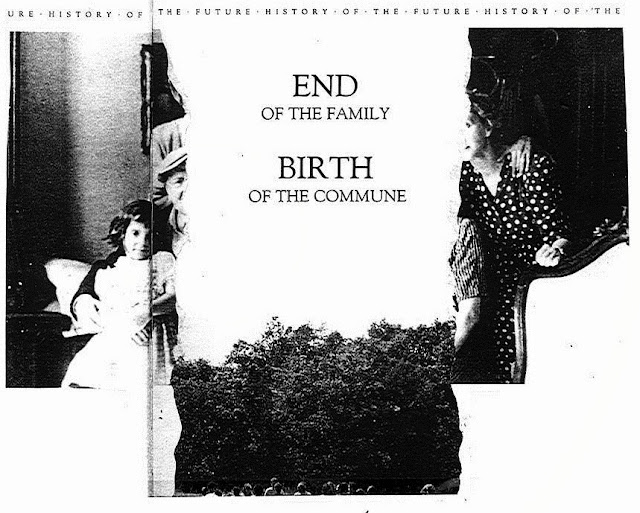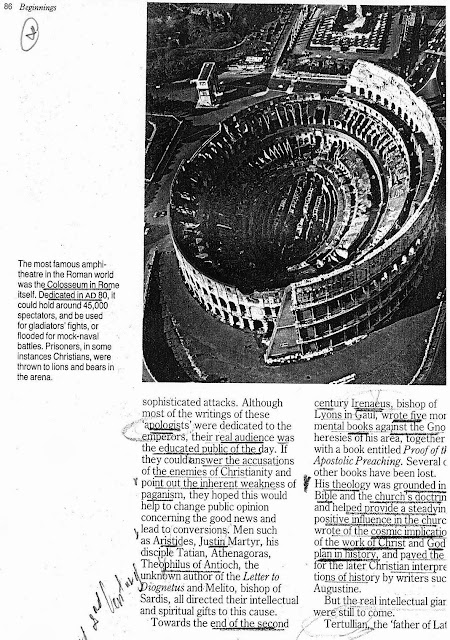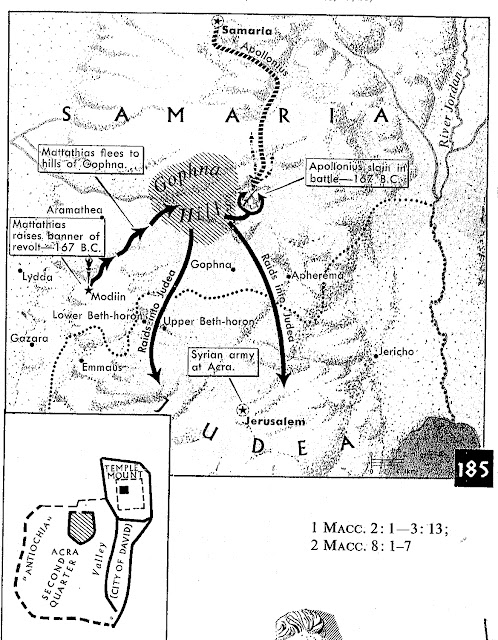This wealthy country resident plantation owner has 2 sons.
The older son
projected the more conformity personality ... whilst the younger son
showed an adventurous and independent profile. Luke depicts this rich father
as a forgiving character.
Our compliments to the father... The younger son grew up .... becoming a prodigal - when he dissipated his inheritance wealth. His older son .. at worse was a grudger.
On hindsight we cannot help but conclude that the father was to be blamed - directly or implied...... for the characterization personalities of his 2 sons. And ironically .. the father also ended up - a prodigal himself.
How long the younger son stayed in the Far Country
where he squandered all his wealth is not mentioned. What mattered was his
dragged footprints .. coming back home. And how long the father had
patiently waited is also left blank. That young lad quit home - loaded
with monies; he dragged himself home in rags.Our compliments to the father... The younger son grew up .... becoming a prodigal - when he dissipated his inheritance wealth. His older son .. at worse was a grudger.
On hindsight we cannot help but conclude that the father was to be blamed - directly or implied...... for the characterization personalities of his 2 sons. And ironically .. the father also ended up - a prodigal himself.
Why this fractured relationship? The elder son - stayed home ... faithful in his duties, etc. Unawares perhaps.. the father took things for granted.
-- was but only given
routine gifts whilst the returned younger brother is having a hefty, gaiety
party.
The father was over-indulging towards the younger pet ...
and immensely spoiling - and often yielding to the Give Me fancies
and whims of this spoilt brat. Not wanting to be sarcastic ... these ill
factors paved that Journey into the Far Country!
Submitting ... shockingly to the younger son's request for his
one-third share of the family's inheritance before his demise .. was never
done in Eastern Countries. That father granted both possession and disposition
to this demanding erring brat. This was Very Exceptional.
What the shepherd ... and the woman... did in the 2 earlier
stories were not anything out of the ordinary. But what the father did here
- was something Very Unusual. Mid East Rabbis testify that this has never
been done. Customarily a father would refuse and punish the brat... Yet there
was the claim that what the father did - was an act of unprecedented love.
This can be dangerous!
- When imbalanced... the Scale of Values was so tilted
that it led to the elder son's refusal to join in the celebration.
# Love has to be impartial. Love has to be
weighed and measured.
Ignoring this ... gave that young bullying his father brat -
power over his father. On Hindsight.. Contemporary Social Identification in
their Differences are but "Projections" of these Stories.
Jesus showed....that Good People Can Go Wrong
It was Jesus who told these stories. He was addressing the Scribes
and Pharisees - contrasting Good People against Bad People the
Insider excluding the Outsider the Sadness of Being Lost and the Joy of
Being Found.
We witness a wealthy father *partial " pampering * extravagant and
recklessly wasteful * splurging and overdoing it * indulging in
showmanship * proud and arrogant.....
This Discourse carries us into the Future of Family Development and -
to a certain extent - Community Bonding.
Be Aware and Beware that Social Style with Social Activities has its
Dangers.. And this time around .. Masses - instead of individuals
.. can Go Awry!
What kind of father - or mother are
we?
Pastor Edwin Khoo
END.
Sources: Interprteter's Bible - William Barclay Series - Oxford
Companion to the Bible - Kenneth Bailey's Poet & Peasant and Through
Peasant Eyes - Christian Theology by M.J. Erickson... History of the Future
by Peter Lorie and Sidd Murray Clark


























